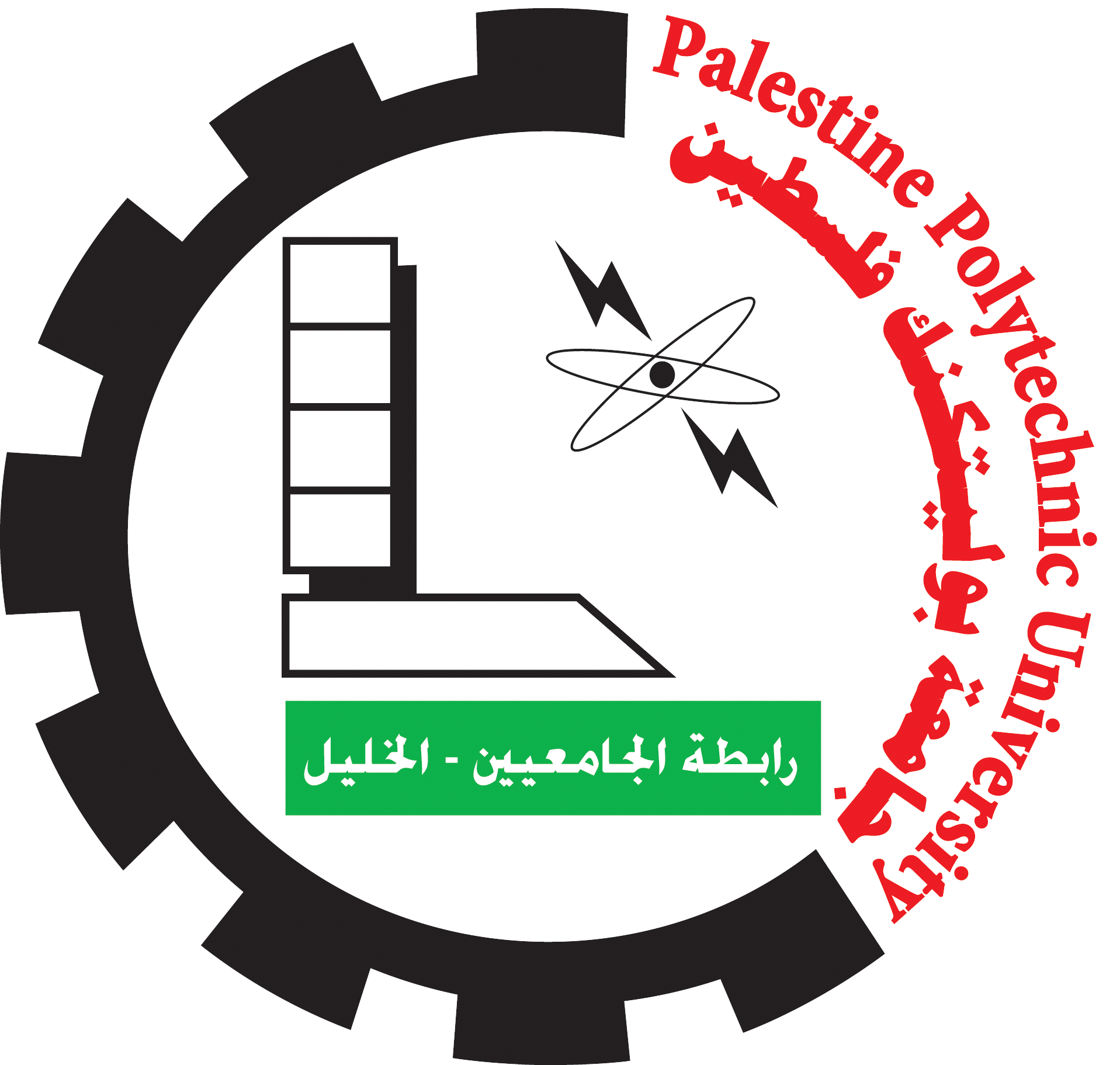The Medical and Surgical Lab is a specialized educational environment that provides practical experience for nursing students. It is equipped with modern facilities such as simulation manikins and advanced medical tools, enabling students to apply clinical skills in settings that mimic real-life situations. The lab contributes to enhancing practical understanding by training students to handle a variety of clinical cases, preparing them to face challenges in the medical field.
- Health Assessment: Acquiring comprehensive assessment skills for various health conditions through physical examination and medical history collection.
- Application of Nursing Techniques: Learning how to perform basic nursing procedures, including patient care, medication management, and monitoring vital signs.
- Clinical Case Analysis: Developing the ability to discuss and analyze clinical cases in a simulation environment, enhancing practical understanding of the material.
- Healthcare Management: Recognizing strategies for managing healthcare for adults and the elderly, including treatment methods and providing psychosocial support.
- Application of Ethical Principles: Understanding and applying ethical principles and professional standards in healthcare, focusing on safety and effective communication with patients and their families.
- Practical Training: Enhancing skills through intensive hands-on training in laboratories and hospitals, preparing students to face challenges in the medical field.
Third-year nursing students.
- Medical and Surgical Nursing practice 1 (22065)
- Medical and Surgical Nursing practice 2 (22068)
These courses aim to provide comprehensive practical training in the field of nursing, consisting of two main components:
- Nursing Simulation Lab: This component enhances students' skills through intensive practical training, relying on various clinical scenarios that allow students to discuss and analyze in a realistic simulation environment. It also includes studying diverse clinical cases that align with the theoretical content of the course, thereby enhancing students' practical understanding and preparing them to confront real medical challenges.
- Field Training in Hospitals: This part focuses on introducing students to common health conditions affecting adults and the elderly with various health issues. Students explore the clinical manifestations of these conditions, treatment methods, and healthcare management according to different body systems. Students are encouraged to apply the nursing process critically while considering ethical principles and safety standards, relying on evidence-based clinical guidelines.
- Intermediate simulation manikins for practicing clinical procedures.
- Patient beds to provide a realistic simulation environment.
- Patient files for documenting information and care provided.
- Vital signs measurement devices (such as blood pressure monitors and heart rate monitors) to enhance the learning experience.
- Basic medical tools (such as injection instruments and dressings) for teaching practical skills.
- Implementation of Occupational Safety Procedures: Students must adhere to necessary preventive measures to minimize the spread of infections and prevent transmission among themselves. This includes strictly following safety instructions at all times.
- Availability of a First Aid Kit: A first aid kit is available in the lab, equipped to handle emergency situations, ensuring immediate care when needed.
Mr.Fuaad Farajallah
